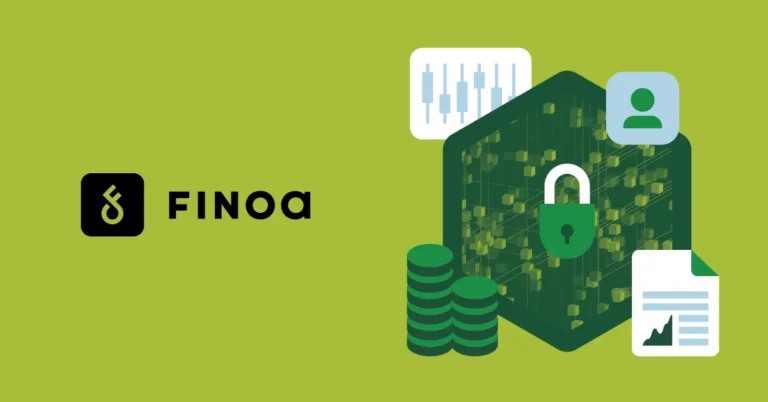Welcome back to the exclusive interview series from the Fintech Landscape in Lithuania 2022-2023 Report. In our third installment, Eimantas Vytuvis, CAMS, Director of the Center of Excellence in Anti-Money Laundering, reveals how Lithuania continues to forge a more robust anti-money laundering (AML) framework.
Compliance and AML specialists are some of the most in-demand for Fintechs. What initiatives is the Center of Excellence in Anti-Money Laundering undertaking to expand the talent pool of these specialists?
In 2022, the Center of Excellence in Anti-Money Laundering, together with the Ministry of Finance and Mykolas Romeris University, signed a memorandum for establishing and implementing a new AML certification programme. By building this programme, Lithuania took another step towards becoming a competency hub for money laundering prevention in Europe.
The programme will help students and those willing to improve their AML skills enter the job market and solve the current shortage of money laundering prevention specialists. The first cohort of 35 students started the course in November 2022. The programme lasts nine weeks and consists of 52 hours of theory and 103 hours of independent work.
Those who successfully complete the programme will receive a Certificate in AML. We expect to continue this programme, and in the future, we plan to create a new Certification programme for senior managers.
According to our survey, Compliance & Regtech is an area where Lithuania has the potential to become a leader. What are the main achievements in Compliance and AML that should be celebrated?
The overall state of Compliance and AML in Lithuania is worth celebrating. It is not a coincidence that Lithuania is continuously ranked among the top countries for AML. This is a collective achievement of Banking, Fintech, Regtech, and other sectors in Lithuania contributing to a common goal – fighting financial crime.
Countries worldwide continue to sanction Russia, and other associated countries, in condemnation of its war in Ukraine. What advice could you give to new Fintechs who are building their product in such a complex global environment?
First, follow and comply with relevant national and global regulations. Regulatory and particularly sanctions frameworks have never been as dynamic as today. This brings new challenges to all financial sectors, including Fintech. We also advise companies to continuously invest in appropriate and timely control systems. This includes technological solutions and adequate and proportional level of employees’ expertise.













